It is Saturday at the September edition of Nostromo Festival, an hour away from Paris. Dawn has turned into morning, with midday rapidly approaching. The music is fast and rolling, yet still subtle, as gentle pads fade in and out, interspersed with ravey stabs and Unai Trotti and Raphael Carrau have found their groove, and the crowd, who should be weary after a long night of dancing, are absolutely going for it.
“Yeah, Nostromo was really good, we found a good flow”, says Unai with wry humility in his voice. He is Zooming in from Madrid, where he moved to in recent months, with Rapha on the other end of the line in Hackney.
For lovers of rare records and the moodier, groovier side of the house and techno continuum in London, Cartulis (formerly Cartuli’s Day), and its two residents and brains will be no secret to anyone. From humble beginnings over a decade ago, Cartulis had morphed into an in-the-know, connoisseur’s night with a devoted following, before recently exploding into a destination – the holy grail of partying in the UK’s capital.
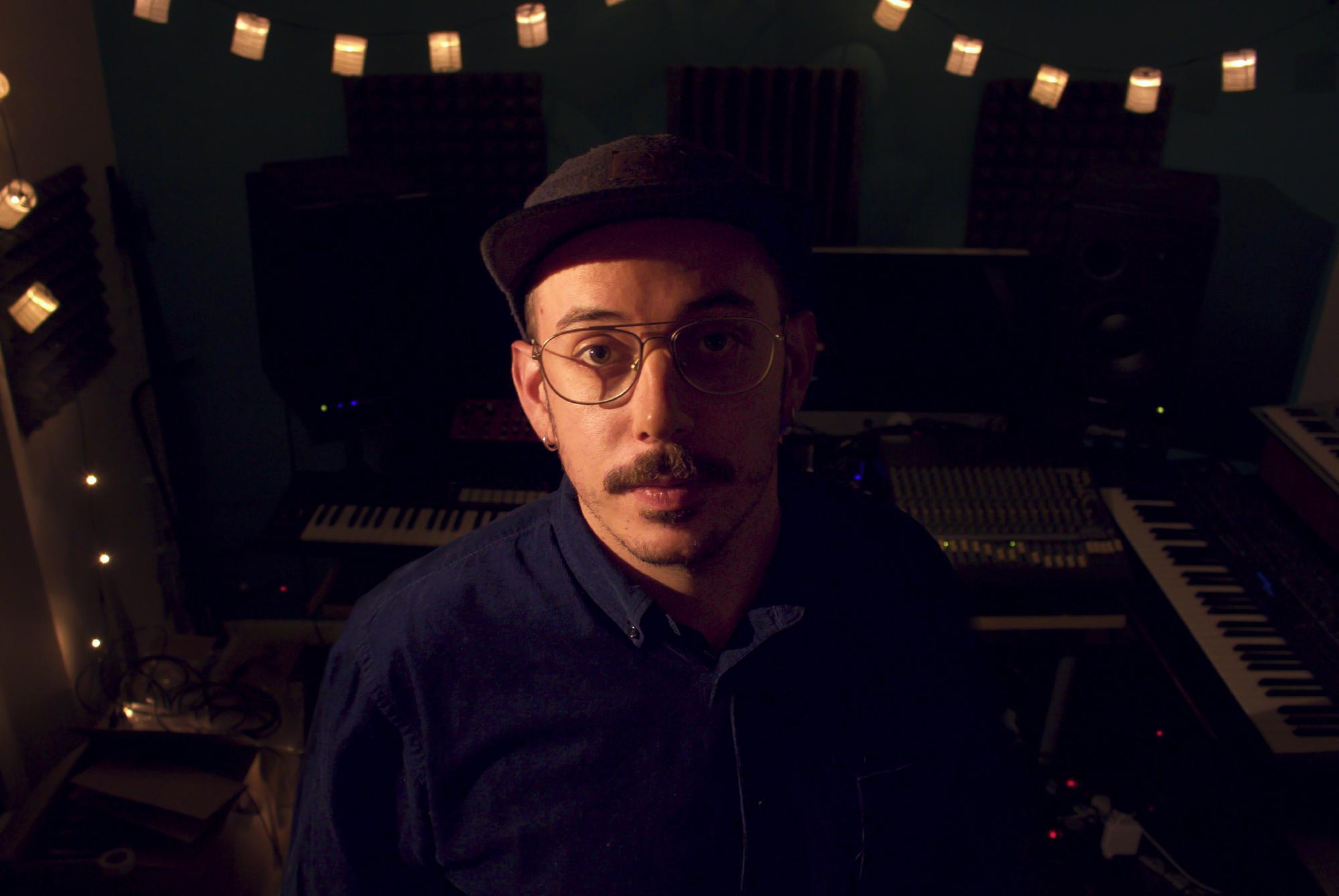 “When I arrived in London, I started to work in this café called Café 1001,” Unai says. “I started to go out there and I wanted to play records, and a friend of mine who was living with me said ‘let’s do a party, just for friends.” He continues, “Back in 2009, we were going to this place to play pool on Commercial Road. I spoke to them and said we wanted to do a birthday party because it was November and it was around my birthday.”
“When I arrived in London, I started to work in this café called Café 1001,” Unai says. “I started to go out there and I wanted to play records, and a friend of mine who was living with me said ‘let’s do a party, just for friends.” He continues, “Back in 2009, we were going to this place to play pool on Commercial Road. I spoke to them and said we wanted to do a birthday party because it was November and it was around my birthday.”
“We did the pre-party at Café 1001, and we gave flyers at the bar and [for the main party] there were like people climbing from the walls, it was crazy.” The second edition was shut down by the police, which Unai says nearly led him to quit organising parties altogether. Instead he chose to relocate to a venue called the Leather Factory, where a legendary series of parties called Lo*kee ran. “Lo*kee was my biggest inspiration,” he says. “You would never know who was playing but they were inviting mostly big name DJs who were playing around London that weekend. They never announced the line-up and we would stay there all Sunday. That for me was the real underground at the time.”
Lo*kee’s principles have clearly informed the Cartulis ethos, with growth coming organically – through word of mouth and simple promotion. The party migrated across various venues around the city, including a now-legendary stint at the now sadly defunct Crucifix Lane. They also ran their own anonymous party series, a Sunday party called Various Anonymous, VA. “We would invite good guests and try to give some clues in the flyer of who might be playing,” says Unai, “but yeah, we had Nicolas Lutz, Francesco del Garda, Masda, Vera, Bruno Schmidt.” It was during the Crucifix Lane era when Raphael Carrau began his involvement. “I met Unai at the beginning of 2014, and we liked each other a lot,” Rapha says, “he started to let me play at some events, and after the first time Nicolas Lutz and Jane Fitz came to play in September 2014 when Unai let me open the second room, he invited me to be a resident.” “
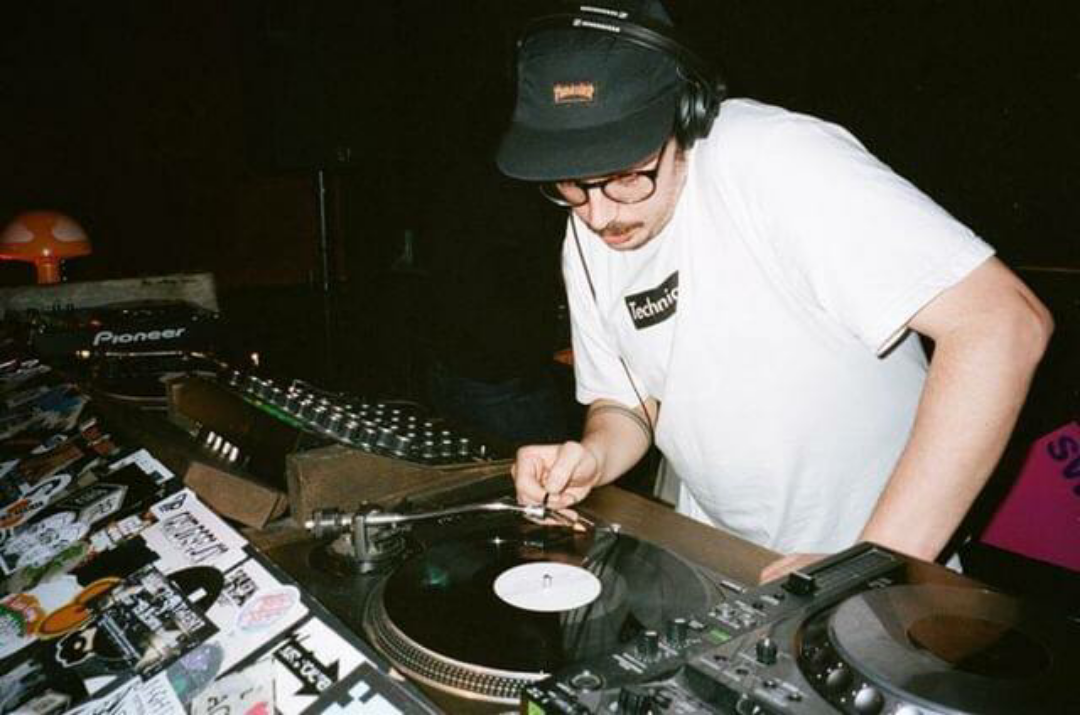
Since then, and to this day it’s a school for me, because from that I learnt how to play warmups. I learnt how to play peak time, I learnt how to play closing sets, and how to play after hours… and after hours and after hours.” The afterparties he refers to are clearly dear to the duo’s hearts, as well as being a key part in the psyche and conception of party. Every Cartulis comes equipped with an accompanying afters which continues for the whole of Sunday, with the line-ups including guest DJs from the main night, it’s an impressive roster of residents that now also includes Junki Inoue and Z@P, and established friends of the party like Colin Chiddle and Vass.
This has always been the case, with the only times that the afters not happening being when external forces have made it impossible, such as being shut down by police. “The conscious state of mind of the party goers at that time is another one completely,” says Rapha. “It’s totally loose, you can listen to tracks that maybe if you would have listened to earlier on in the night, you wouldn’t digest properly, but then you’re here listening to this one and you’re like what? It’s amazing!”
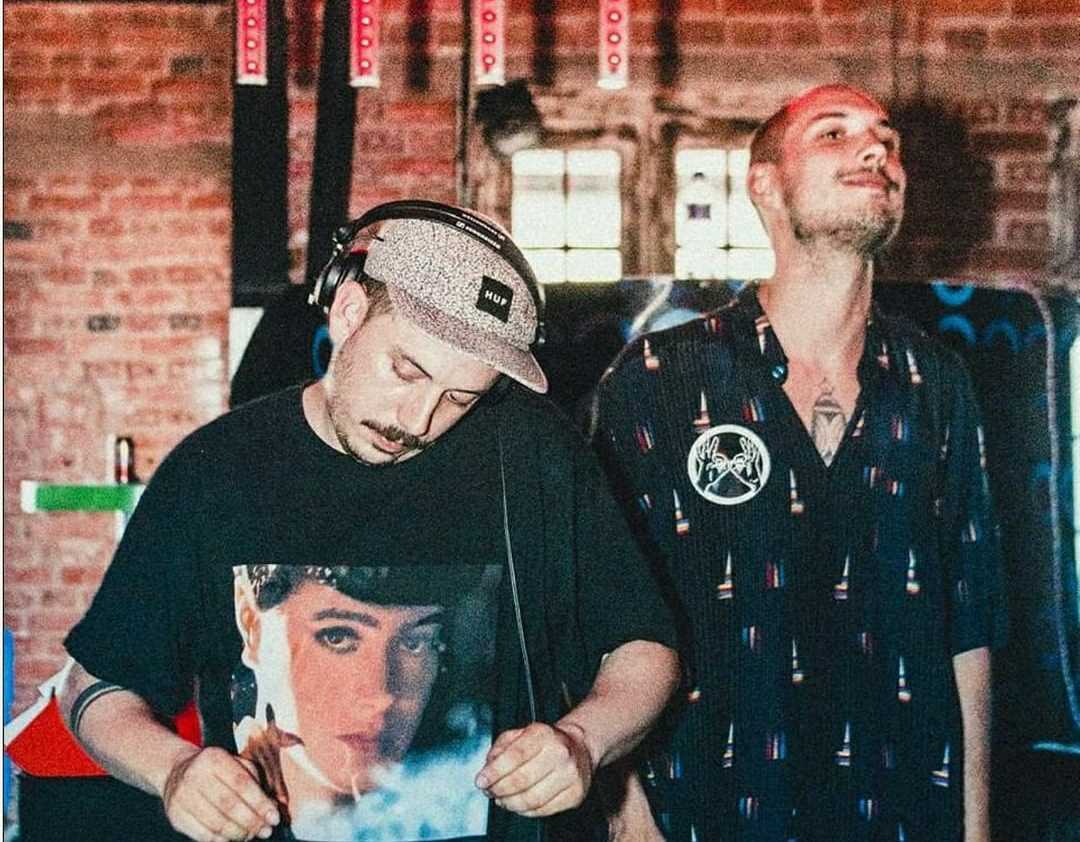
“Music at that time, after so many hours awake, your perception of it is so much more open and wide.”
The afters give the DJs more chance to experiment and pull out the weirder tracks from their bag, which is something that they clearly relish. “After party is different music, it can be a bit more mental” says Unai. “It could be sunlight, and you can be a bit warmer, it’s less stress – you can play your more melodic and romantic records.”
Thought clearly goes into the different music at each stage of the night. The term ‘musical journey’ is thrown around eagerly in electronic music circles, but Cartulis, with its long hours and afterparties often feels like one, as night shifts into day, before circling into evening again. FOLD, with its 24-hour license and its legendary shutters which allow the morning light to beam through, has become home for the party – the space being the perfect vessel in which the duo can express themselves.
Unai says, “for me, it was like something from the skies, from God saying ‘this is your venue’. It’s got everything we need.”
“It’s the perfect size, because the parties we do are about 600 people, then we can do long, long hours. The sound system? I don’t need to tell you about the sound system – you know how it is.” The excitement in his voice grows, “even for the DJ the experience playing there is insane. You play there, you can listen to everything. You touch a knob and you can feel everything.”
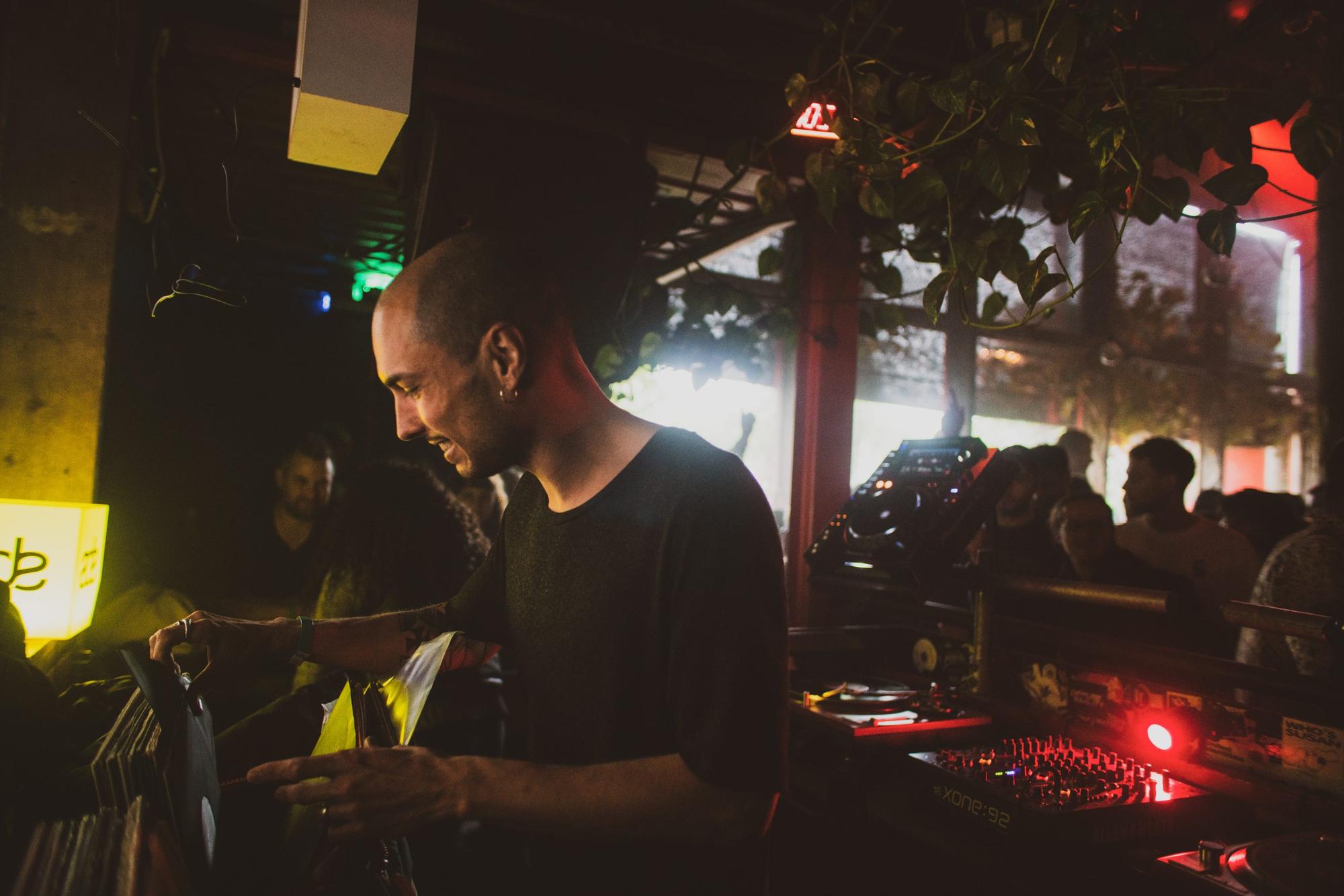
Rapha agrees, “From Lasha down to the door people, to the security, to the bar staff, to the sound engineer, to the lights engineer. Every single person in there is amazing, warm and human and they understand exactly what clubbing should be about.”
September’s return to FOLD for Cartulis was glorious, featuring a classy opening from Rapha, a boisterous live set from Paranoid London, a brooding, building set by Z@P setting the scene perfectly for a masterclass from Craig Richards, before being rounded off with a wonderful morning set from Unai full of driving grooves and subtle euphoria.
It had been 20 months since the previous one, and the enforced interim allowed the pair to reset, particularly regarding the label. It has been a key part in pushing the Cartulis direction since its first release in 2013, and in the process has put out genre classics such as Z@P’s Tracid EP, and more cult favourites including last year’s 2 by Prince de Takicardie.
“One day I was at home during COVID,” says Unai, “I was already thinking about refreshing the label output with Rapha, and that morning I saw the tattoo of the Cartulis catalogue number, CRTL, which is quite similar to CTRL on the keyboard, you know “control”. It reminded me of the CTRL ALT DEL shortcut to restart the computer.”
“At the time we felt that we needed to reboot, and the idea became clear – two new labels ALT and DEL. It reset our creative flow and allowed us to broaden into the musical spectrum.”

The two expanded sublabels, on top of the main Cartulis label have allowed the music that the duo release to be expanded beyond what they would normally put out, as well as refreshing their take on releasing. “We want to separate what we are going to release on each label. Cartulis is closer to our hearts. My father does the artwork and the releases will be what we think are really special pieces of music,” Unai says. “It doesn’t have to be techno, it doesn’t have to be electro. Just music you know – good music.”
“ALT is going to be much more dancefloor oriented, more tracks for clubs. We want to release tools, good records that you always need in the bag. It doesn’t have to be really complicated, some of them will just be nice groovers.”
DEL on the other hand gives them the chance to explore different sounds. It had its first release in October, a joint EP from Low Tape and DJ Mostoles (Unai Trotti’s mysterious downtempo alias), which sold out its initial run. The EP is full of warm analogue sounds, replete with close your eyes and kick back rhythms. It will be more “experimental”, and less dancefloor-focused according to Rapha.
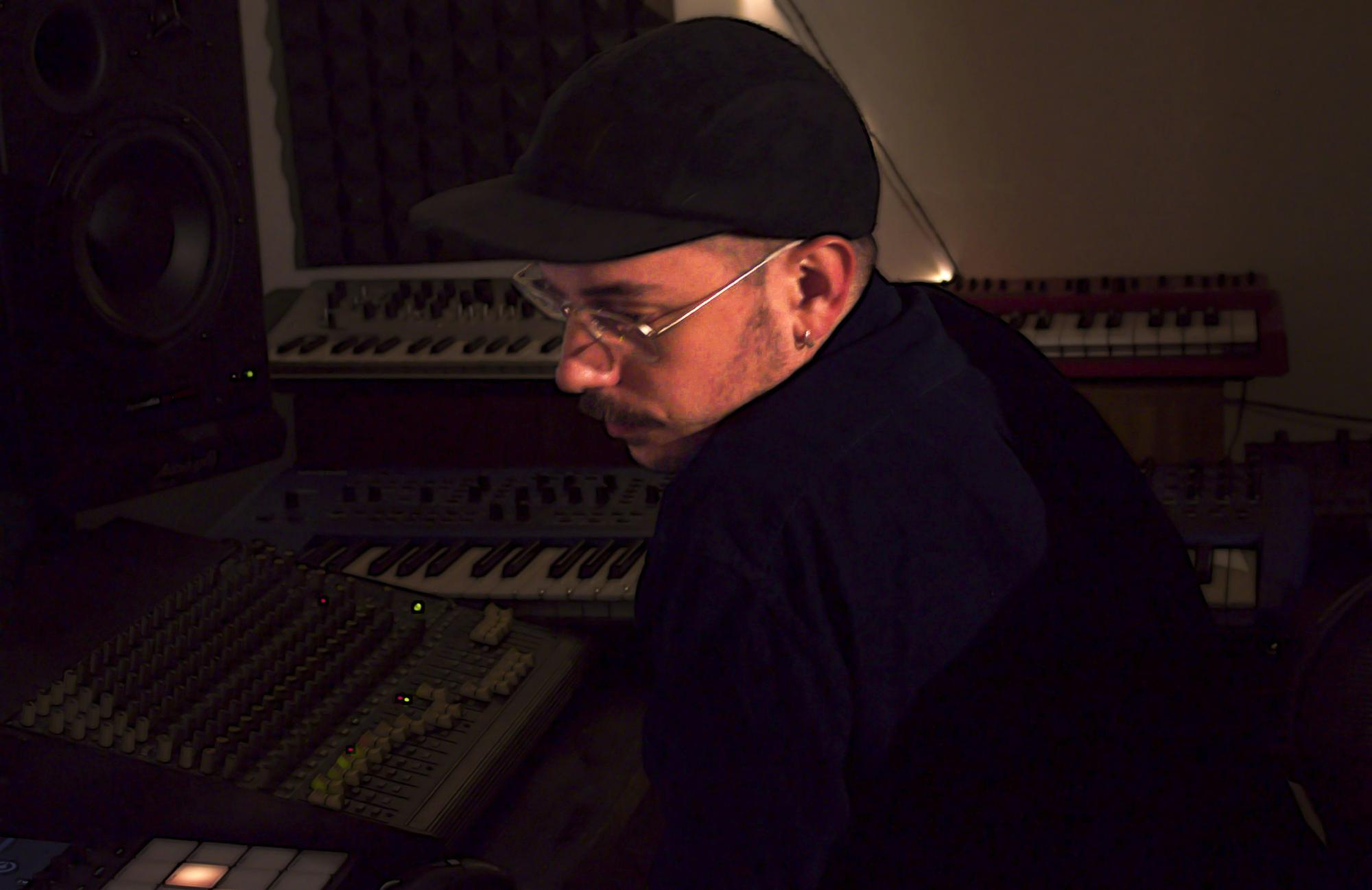
“I didn’t expect that [to sell out] but we had really good feedback,” says Unai. “The second one is going to be an album from a guy who has a sort of Aphex Twin sound. It will be really lovely to listen to, with chill IDM bits and also fast, glitchy D&B.”
For many of us the pandemic and its cycles of lockdowns forced periods of contemplation and introspection. For Rapha and Unai, the break from gigging gave them a chance to reflect on their record collections, pulling out old gems that had been gathering dust for years, as well as dig fresh tunes. “You have a bag of the moment,” says Rapha. “As time goes by and you buy more records, that bag is mutating, and all of these records that leave your bag go to the archives. And then when you start to pull them back they are almost like fresh new records again.”
Unai concurs, “because I moved to Madrid, I’ve been rediscovering and reorganising my collection. Records I didn’t listen to properly or forgot about. Some I bought for another track and then I found out I actually like the other side more.”
They say that they have also been working on a lot of edits, which have been filling up their bags, as well as buying new records, which clearly excites Unai. “I think there are now great producers and great music coming out. The output now is really good because a lot of machines are getting reissued, and this helps us understand how it was done in the past. The analogue media is waking people’s senses up in a different way to digital. You can touch machines like you can grab a record.”
Much has been made of the revival of music from the 90s, as “deep digging” DJs have unearthed gems from a bygone era, bringing them to new audiences while forming the inspiration for new productions. Yet Unai also cites accessibility to old-school tools that enabled the music as being equally, if not more important. “Kids can go and buy an 808 like this one for €200, you don’t have to pay €3000 [anymore]. I think as well that it is giving a swing to music, because people are making music with machines,” he says. “It’s not just a mouse and keyboard, it’s someone touching the knobs.”

“All these things give a human side to music, and probably my [issue] with the digital era was that things were more formulated, there is no swing. When things are moved, like milliseconds, you can feel that it’s not perfect, and that’s the human behind it because we are not perfect.”
When seeing either of these DJs play, this swing becomes something that you notice in their selections, that human touch Unai speaks of. “Me and Unai, we’re always looking for the same thing on a record, its character.” Rapha says. “That track that even if it doesn’t do too much but has a thing. It can be a super complicated track that doesn’t do anything for your body and your spirit – it doesn’t touch you. Or it can be a loop and its not doing much, but that loop is so involved and you stay there for like three, four minutes without caring because it’s so good to dance to.”
“I think we’re very eclectic to be honest,” he continues. “We’re not the kind DJs who push one sound. It could be techno, house, breaks, electro, acid, whatever, it just has to be quality. If it’s good it will find its place in the bag.”
As the partying scene has emerged into the post-pandemic world, the pair have seen their bookings steadily increase across Europe. Unai has played in Switzerland, Barcelona and Brussels in the last few months, while Rapha played at the Amsterdam Dance Event (ADE) for VBX, France and Italy.
They also played back-to-back aboard Berlin’s favourite boat, Hoppetosse for The Mudd Show. “That was one of the best back-to-backs we’ve done,” says Unai, “it was super smooth – we built up and had a story behind it. At the start it was quite banging, then we managed to bring it down in the morning and went a bit more sentimental.”
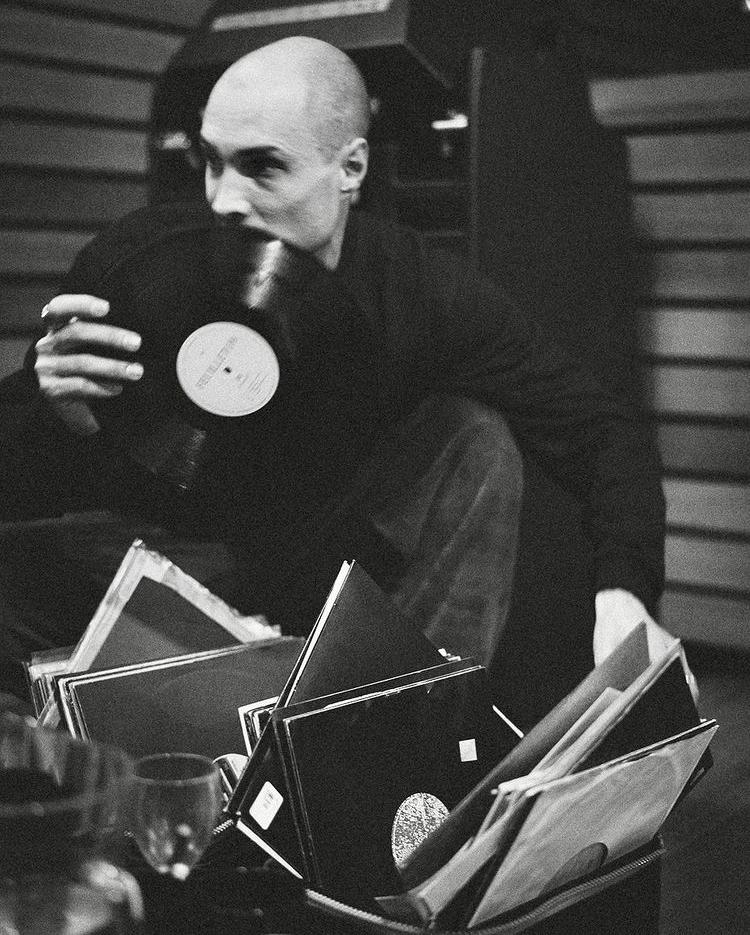
Although they run a party together, they make it clear that they are both separate, individual DJs. Unai says, “We like similar things, but the character is different in the songs that we play. My music is perhaps a bit more mental, more deep. Rapha’s a bit warmer – more grooves”.
“We love playing together, we’re like brothers,” he adds, “but we want to keep it special.”
Their aim is to bring Cartulis to more countries and cities in the future, but only under the right circumstances. Rapha says, “We don’t want to just start going everywhere to every city because we’re not trying to build hype. We just like to do it when it feels right.”
“It’s nice when a promoter is inviting us and it feels right. If they understand what Cartulis is about, with a good proposal, in a nice club with a nice sound system. We take all of these things into consideration” he continues, “we don’t just want to just throw a flyer on the internet to show people we went to this city or that city.” It’s clear that they aren’t looking for popularity, but respect for their work.
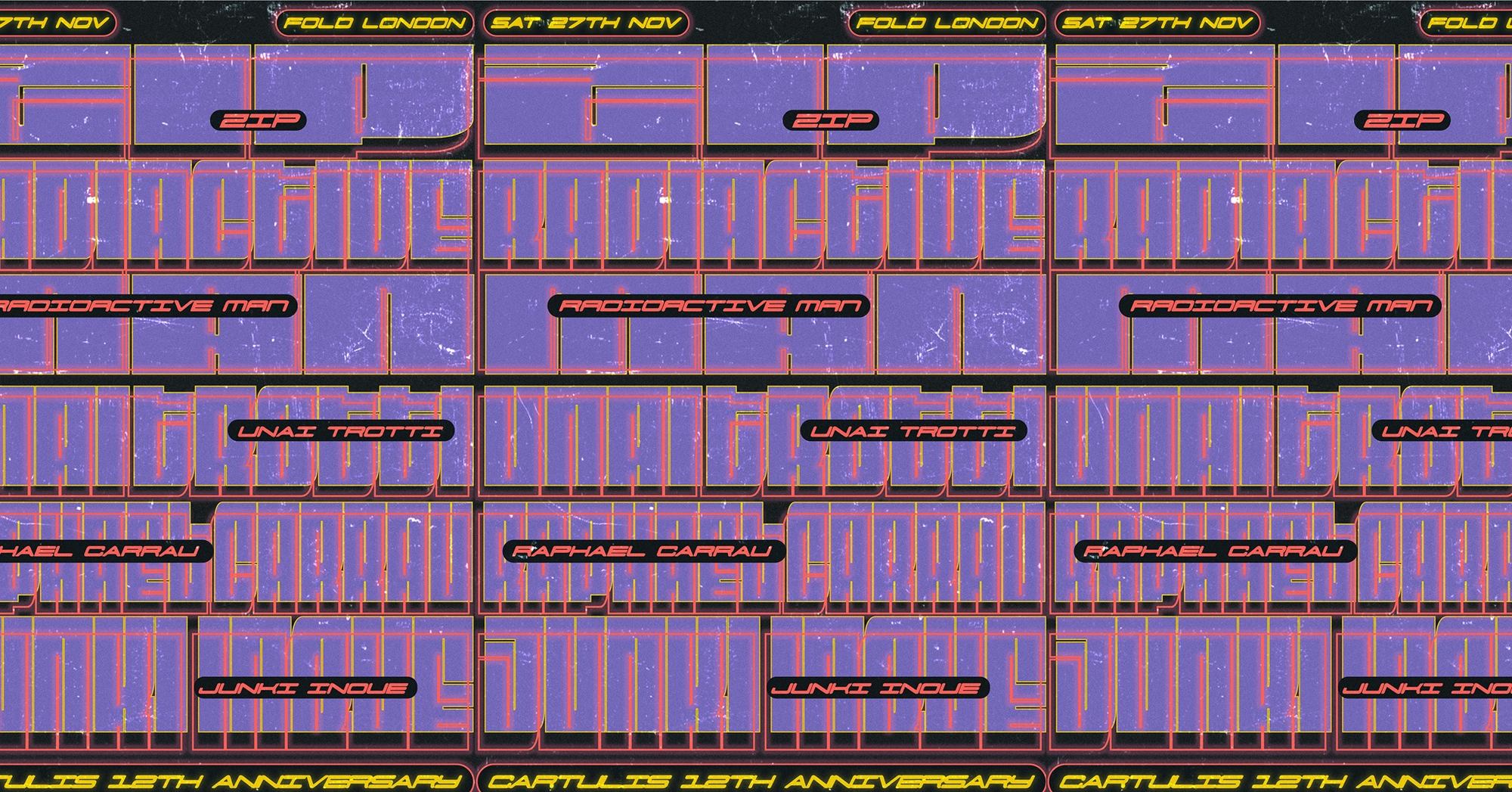
For now, their attention switches to the not-so-small matter of the 12th birthday celebrations at FOLD. Alongside them will be Junki Inoue, a live set from Radioactive Man and the legendary Zip to round off the bill.
Zip has played for Cartulis before at their 6th birthday party back in 2015, but not yet at the club they now call home. That’s not for the lack of trying, however, with one last-minute cancellation from the Perlon maestro due to illness, and another thwarted by the UK’s first COVID-19 lockdown.
For Cartulis, harking back to the ethos first established from parties such as Lo*kee over a decade ago, Zip represents everything they stand for. Rapha says, “The hype around Zip is because he’s an incredible DJ, but also how he behaves – he’s such a high profile artist, while being so low profile, that’s why we think he’s so special.”
Zip’s online presence is minimal, to say the least, holding no public social media accounts. He has built up his reputation as a DJ over the decades by letting his music and sets speak for themselves. Cartulis’s growth over the past 12 years has been similar, with low-key promotion techniques and the parties doing the talking.
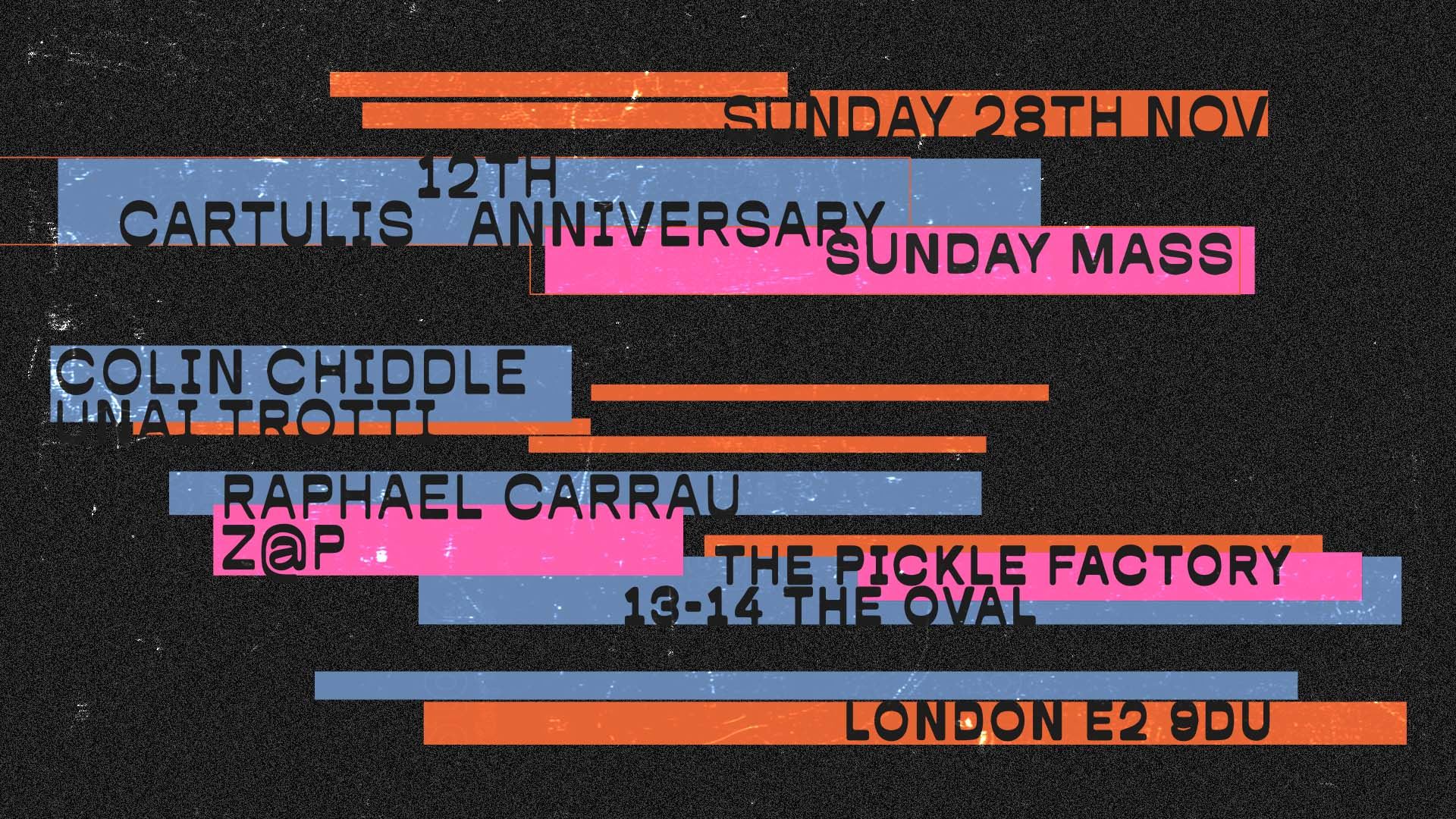
As ever, the 12th birthday celebrations will include an afterparty, with Z@P and Colin Chiddle joining the duo. It will go on all day on Sunday at The Pickle Factory, and as a sign of their attention to detail, buses have been organised to ferry ravers between the venues.
The next Cartulis release (CRTL014) is set for mid-January, with a label debut from Innershades. Listen to clippings here.
12th Anniversary party
Event | Tickets
More info on Cartulis Music
Facebook | Soundcloud | Instagram
More info info on Unai Trotti
Facebook | Instagram
More info on Raphael Carrau
Facebook | Instagram



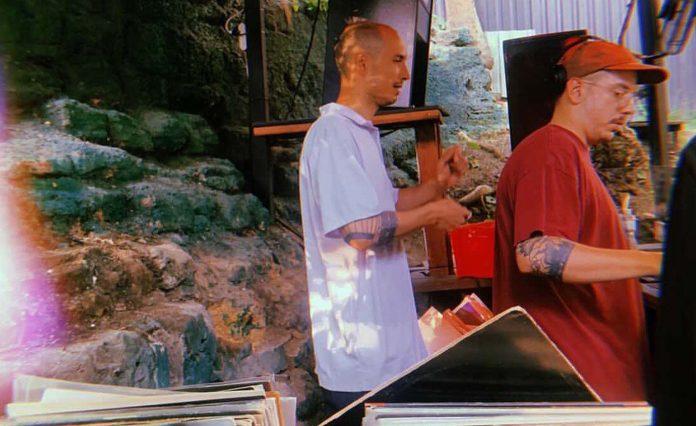


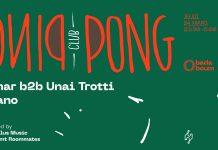


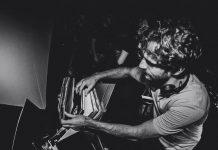
![Premiere: A2 – mrelss – Season of Reason [AMAM044]](https://trommelmusic.com/wp-content/uploads/2026/02/label_side_A-Alessio-Mereu-324x235.jpg)
![Premiere: 2 – Santon – Only a Test (Alain de Saracho Remix) [SDR012]](https://trommelmusic.com/wp-content/uploads/2026/02/Santon-Only-a-Test-EP-Artwork-Alain-de-Saracho-100x70.png)
![Free Download: Zombies in Miami – What Ya Doing [TFD128]](https://trommelmusic.com/wp-content/uploads/2026/02/photo_2026-02-12-10.38.24-e1770892750337-100x70.jpeg)
![Premiere: 1 – DAT (Italy) – Not My Plan [SENS001]](https://trommelmusic.com/wp-content/uploads/2026/02/IMG_9750-Sensazione-Stupenda-100x70.png)
![Premiere: B1 – Kolhida – Break And Escape (Cezar Lazãr Remix) [TTM003]](https://trommelmusic.com/wp-content/uploads/2026/02/IMG_2883-Aleksandr-Gocheleyshvili-100x70.png)
![Premiere: A1 – JJ Fortune – Design [LNS10]](https://trommelmusic.com/wp-content/uploads/2026/02/1188556-100x70.jpg)
![Premiere: A1 – Alexander Skancke – Saga Of Subvision [QRK015]](https://trommelmusic.com/wp-content/uploads/2026/02/photo_2026-02-03_17-31-24-100x70.jpg)

![Premiere: A1 – Light Blue File – JUNIOR [RCR002]](https://trommelmusic.com/wp-content/uploads/2026/02/RCR.002.FRONT_.LABEL-Will-Gilliland-100x70.png)
![Premiere: A2 – Lisovskyi – Just One Good Whiff [FIB004]](https://trommelmusic.com/wp-content/uploads/2026/02/B-100x70.png)